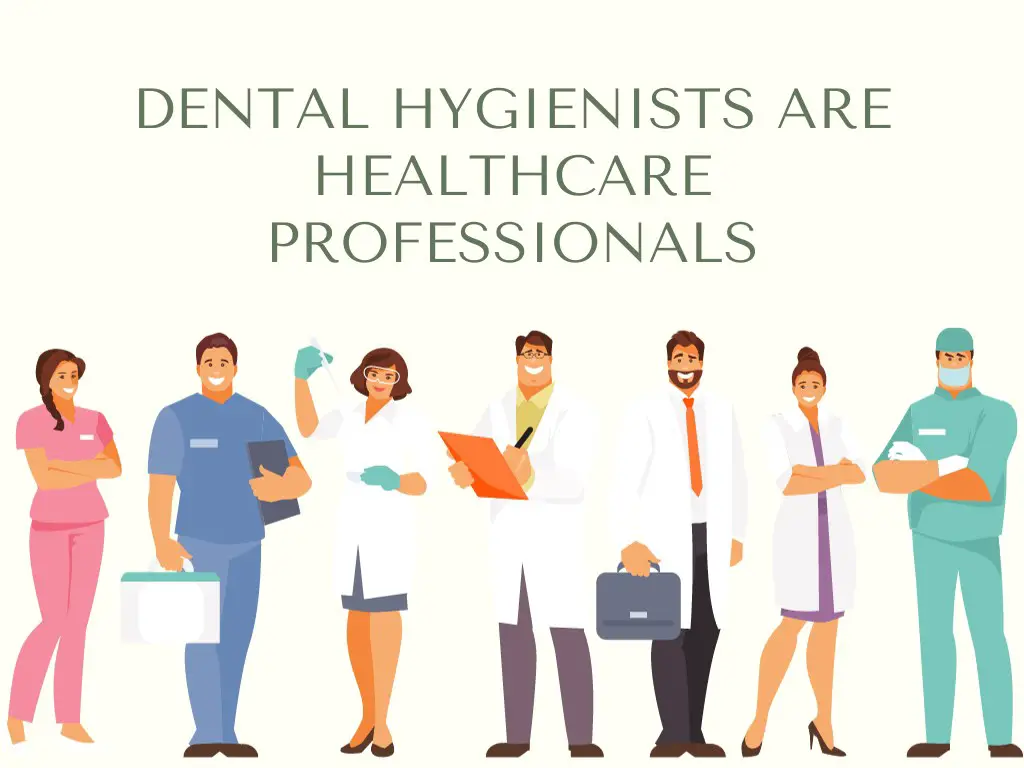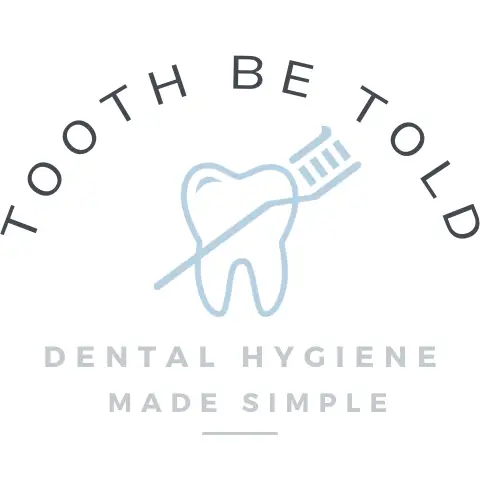
Leaving a dental hygiene job is a big step to take, regardless of the reason why. Taking the following steps and preparing for your departure can induce anxiety, or it can be an exciting new adventure. As a dental hygienist who has switched jobs, I have experience giving notice, but how much notice should you give when leaving the job?
Dental hygienists should give at least four weeks’ notice to maintain patient/client care continuity and professional relationships. This standard, influenced by contracts, organizational norms, and professional etiquette, is vital for maintaining reputation and securing future references.
In this post, I will cover why, as a dental hygienist, you should give more than the standard 2-week notice period if you can, the impact giving notice has on your clients/patients, tips for giving your notice, and even negotiate a notice period with your employer.
I even added a link to some templates I wrote to help you write your resignation letter!
Giving notice as a dental hygienist; standards and influencing factors
My goal in this post is to have a balance of professional advice, practical insights and personal experience. It is also essential to consider all legal and ethical aspects.
Standard notice period
The standard notice period is not law in Canada. Instead, it is a guideline. Usually, employers will write in the employment contract how many weeks’ notice of resignation is mandated.
The most common notice period written in contracts is two weeks, but your contract may require four or more. Always read and understand your contract when signing for a new position.
The notice period of two weeks is based on mutual respect between employees and employers, allowing for a replacement to be found.
Employees with no defined time frames written into their contracts are free to walk away immediately after giving notice.
ROBERT HALF
You can legally walk away immediately if you do not have a contract.
Read Now: Prevent Burnout as a Dental Hygienist 17 Ways; My Experience
However, I will repeat it: we have a professional obligation and need to act like professionals. We also have patients who deserve care continuity. Even if you hate where you work and need to resign, your patients are innocent bystanders whose healthcare gets affected when you leave too soon.
If you are a dental practice owner, you should have the notice period written in your contracts to ensure that your employees give enough notice so you do not affect patients’ access to dental care.
Factors influencing the notice period for dental hygienists
If you have a written notice period in your contract, that is bound by contract law. You signed the contract, and you need to adhere to it.
Nevertheless, there is a possibility that your employer may want to negotiate with you regarding your notice period.
Negotiating notice periods can go in either direction. You may need to leave earlier than your contract says, or the employer may request a more extended notice period so they can have a smoother transition and may want you to train your replacement.
This may not be easy if you have another job lined up with an expected start date. Yet, it can potentially work in your favour.
If your employer wants you to stay on longer, let’s say until they find a suitable replacement or for you to stay on longer to help train said replacement, there may be an opportunity for you to request compensation for your added time, energy and training contributions.
Be fair when talking to them; however, unfortunately for them and fortunately for you, you have the upper hand.
Once you give your notice, they need to do a lot of work in recruiting, hiring and training. So, if you stay on longer to help with training, you are doing them a massive favour.
Never forget your worth!
What if you can’t give at least two weeks’ notice?
Life happens, and unexpected situations may require you to end your contract prematurely. If you feel your circumstances fall into this category of being unable to give two weeks’ notice, it may be wise to seek out legal advice.
Read Now: Unbiased: Dental Hygienist’s Comparison of Ergo Loupes
The impact of giving notice as a dental hygienist
- patient care continuity
- professional relationships
- employment references
Even if you have a terrible experience, it is okay to voice your concerns and advise where the employer can improve. Nobody is perfect, and there is always room for learning and improving… even as an employer.
Personal experience:
When I left a dental hygiene job because of the poor treatment and experiences, I still talked with them about why I was leaving. I discussed with them the issues I had that contributed to my decision to leave, such as;
- not adhering to verbal promises of a professional review
- lack of pay rise discussions
However, I prefaced these concerns by explaining my positive experiences and thanking them for the opportunities. And when I did bring up the issues I had, I did it in a constructive, pleasant and professional manner.
They had promised me a one-year review where we would review my pay (they told me this when I was hired at a lower pay rate), and they did not follow through.
And when asked professionally for a review and a discussion about a pay rise, it did not happen, and they kept making up excuses. This disappointed me, and I felt I was being led on as I agreed to a lower pay with the promise of a review in one year.
They professionally bread-crumbed me to keep me. Don’t be bread-crumbed. Set expectations in writing (could be an email) so you have a paper trail.
If you want to leave your job and need examples of a letter of resignation for a dental hygienist, I put together some examples in the link below, along with some tips for handing in your resignation. Feel free to take them or use aspects of each to tailor to your needs.
Read Now: Dental Hygienist Letter of Resignation: How to with Examples

How to resign from a dental office: Hygienist’s advice
- follow the instructions in the post linked above
- less is more; be concise, polite and professional
- give enough notice
- give written notice in person
- communicate professionally
- express your willingness to help with the transition
You may be angry and upset, and your anger may be wholly justified. However, I have always believed that being the bigger person and resigning gracefully is the best route.
And please don’t forget that you have colleagues, and your leaving can increase the burden on them and the practice owner.
The best option is to provide a smooth transition regardless of your reasons for leaving. Not only for you but the patients of the practice.
As medical professionals, our primary duty is to the patients, not ourselves. Exiting a job can greatly impact your patient’s access to dental care.
Please keep that in mind.
I hope the information I have given you in this post makes submitting your notice of resignation easier.
All the best to you and your new endeavours!
Holly 🙂
